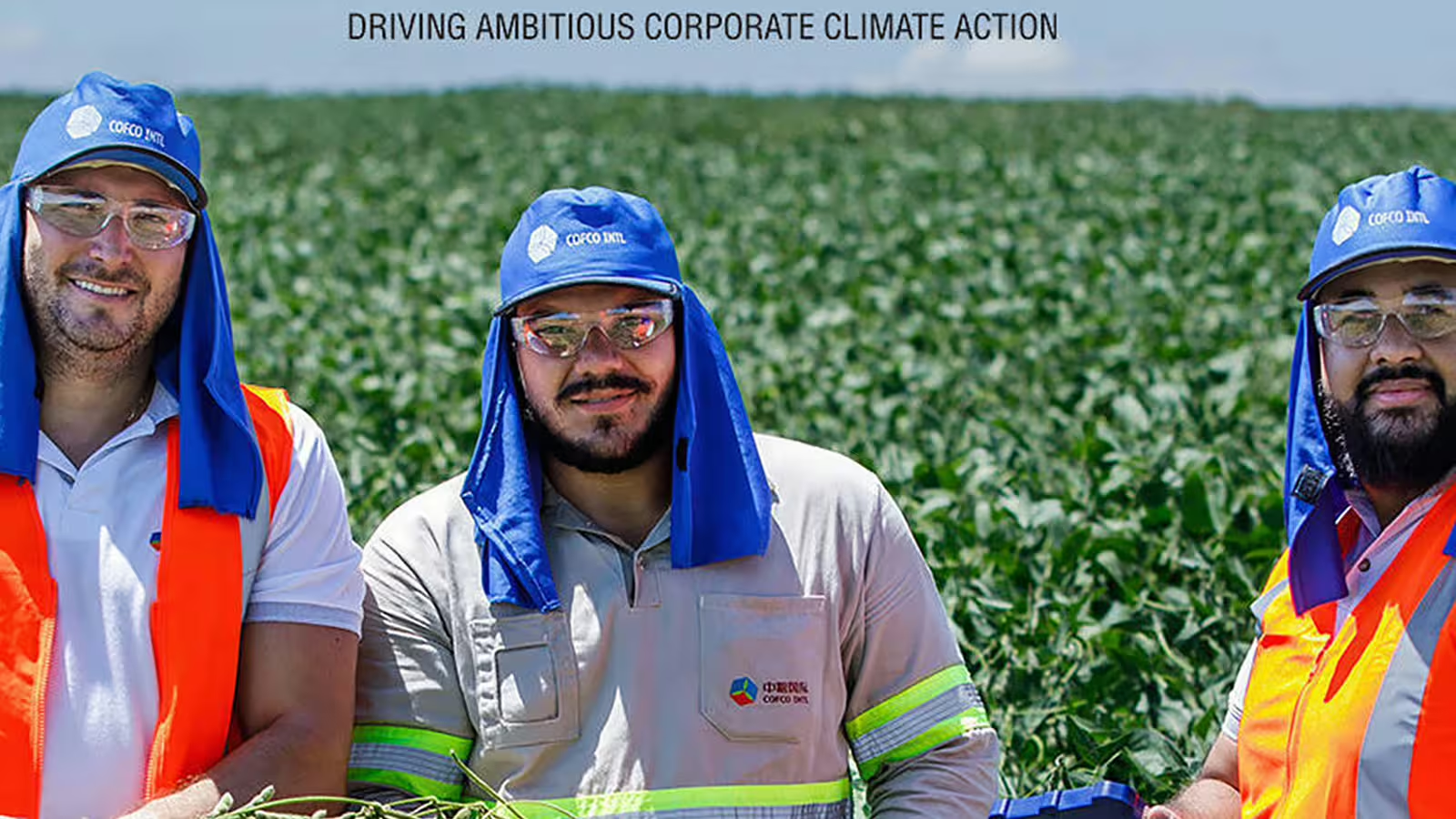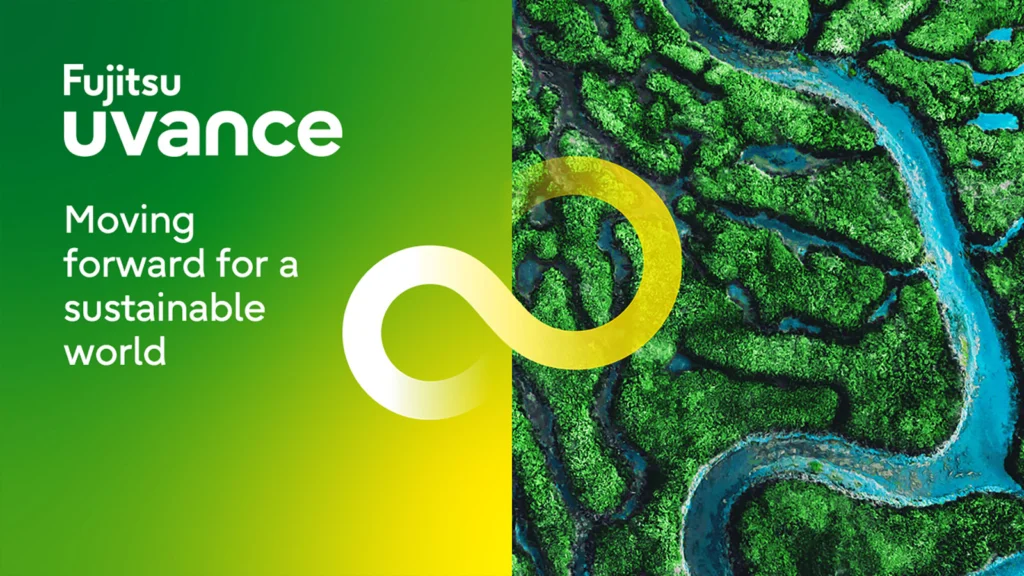Authors
COFCO International
Geneva – COFCO International’s near-term science-based emissions reduction targets have today been validated and published by the Science Based Targets initiative (SBTi). The new near-term emissions reduction targets address the company’s key greenhouse gas emissions footprint sources and form the basis for its climate strategy.
COFCO International and the other companies involved in the Agriculture Sector Roadmap to 1.5°C have together committed to having science-based emissions reduction targets to align with the Paris Agreement goal to limit global warming to 1.5°C, compared to pre-industrial levels.
COFCO International commits to reducing absolute Scope 1 and 2 GHG emissions. It also commits to lowering absolute Scope 3 GHG emissions from purchased goods and services, upstream transportation and distribution, and downstream transportation and distribution. The target boundary includes land-related emissions and removals from bioenergy feedstocks, based on COFCO International’s current global footprint.
“Climate change is already creating challenges for supply continuity in the agricultural commodities sector that in turn impact food security,” says David Dong, CEO, COFCO International. “A strong climate strategy based on science will help us to mitigate these impacts and help achieve the transition to sustainable agriculture and a low carbon economy. Climate action sits at the core of our efforts to protect the cultivation of the crops we source, reducing risk and helping to ensure access to nourishing, affordable food, while strengthening the future success of our business.”
Approval of these targets by the internationally respected SBTi platform ensures their robust nature and provides transparency to key stakeholders. SBTi’s partners are CDP, the United Nations Global Compact, the We Mean Business Coalition, the World Resources Institute (WRI), and the World Wide Fund for Nature (WWF). The platform has validated the climate targets of more than 5,000 companies worldwide.
With the majority of its GHG footprint in its supply chain, COFCO International continues to gain deeper and more comprehensive insights into its Scope 3 emissions, enabling prioritisation of the areas where it stands to generate the most impact. Addressing land use change (deforestation and conversion) associated with soy production in Latin America is clearly a top priority, representing the largest source of emissions. Action to meet the new climate targets will build on existing efforts to reduce energy use, improve energy efficiency and use more clean energy, following a dedicated roadmap. In 2023, the company achieved an 8% year-on-year reduction in Scope 1 and Scope 2 GHG emissions, while 89% of its energy needs were met with renewables.
COFCO International emissions reduction targets
This article first appeared on COFCO International’s website on 6 June 2024.



